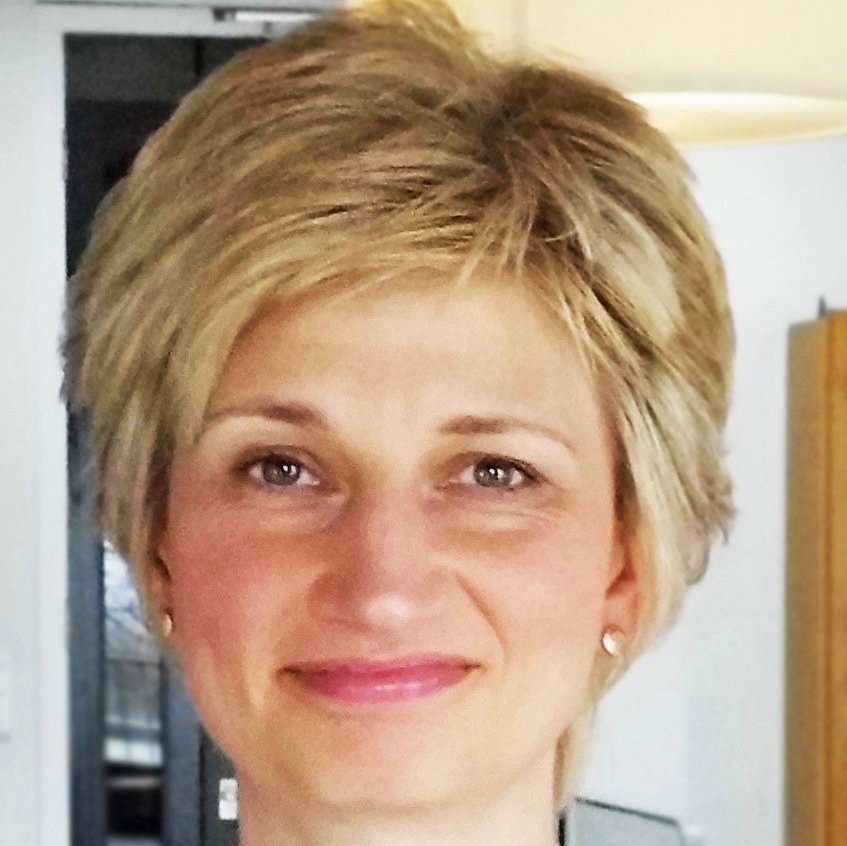Organizers: prof. Emilia Soroko
Email: soroko@amu.edu.pl
The proposed IAS Invited Lectures Series in Psychology 4 is a continuation of the lecture series organized by the Faculty of Psychology and Cognitive Sciences since Spring 2022. Since its inception, the series has gained recognized among researchers from academic centres in Poland and abroad. The proposal has been planned for the winter semester of the academic year 2024/25 and is focused on currently extensively researched topics of significant societal importance. The lecturers are leading researchers in their fields and, as in previous series, closely collaborate with psychological practice. Their academic achievements serve as excellent examples of a fruitful combination of conducting research deeply grounded in the needs of current clinical and social contexts and building evidence-based psychological practice.

Arnoud Arntz is a professor emeritus of clinical psychology at, and former chair of, the Department of Psychology at the University of Amsterdam. His main research interests lie in the fields of PTSD, complex depression, and personality disorders, both applied and fundamental. He is perhaps best known for his contributions to the development of and research into Schema Therapy and Imagery Rescripting. He was and still is (co-)PI of several national and international studies into Schema Therapy and Imagery Rescripting. He is an author and co-author of over 500 publications, including books (e.g. Schema Therapy in Practice: An Introductory Guide to the Schema Mode Approach, Willey-Blackwell 2012; Schema Therapy for Borderline Personality Disorder, Wiley-Blackwell 2020), chapters and articles, cited more than 40 thousand times. He also practices as a therapist at the Academic Centre for Trauma and Personality in Amsterdam, where he treats patients with trauma and personality disorders. He is a former editor of the Journal of Behavior Therapy and Experimental Psychiatry.

Svenja Taubner, Ph.D., is a clinical psychologist and psychoanalyst and serves as full professor and director at the Institute for Psychosocial Prevention and Psychotherapy at the University of Heidelberg in Germany. She studied in Bremen and had academic positions at the Universities Bremen, Ulm, Kassel and Berlin and was fellow at the Hanse Institute of Advanced Study before she was appointed full professor at the University of Klagenfurt, Austria. She is an author of more than 250 publications. Among her many interests are: clinical applications, development and research on mentalization based treatments, transgenerational transmission of trauma and the psychological understanding and treatment of aggression. She is the president of the MBT-D-A-CH (MBT association in German-speaking countries) and member of the German Scientific Psychotherapy Chamber. Currently, she is deputy spokesperson of the inerdisciplinary DFG-research training program on ”Ambivalent Enmity”. Her research was financially supported by Germany Ministry of Education and Research, Federal Centre for Health Education (BzgA) and Hopp Foundation.

Theresa A. Gannon, Ph.D., CPsychol. (Forensic) is professor of forensic psychology and director of the Centre for Research and Education in Forensic Psychology (CORE-FP) at the University of Kent, UK. She also works as a practitioner consultant forensic psychologist specialising in sexual offending and firesetting for the Forensic and Specialist Service Line, Kent and Medway Partnership Trust.
T.A. Gannon has published over 150 chapters, articles, books, and other scholarly works in the areas of male and female-perpetrated offending. She is particularly interested in research relating to both the treatment needs and overall supervision of individuals who have sexually offended or set fires. In 2019 she received the lifetime significant achievement award for her services to forensic psychology from the British Psychological Society. Professor Gannon serves on several international editorial boards for journals including Aggression and Violent Behavior, Criminal Justice and Behaviour, International Journal of Offender Therapy and Comparative Criminology, and the Psychology of Violence.

Robert F. Bornstein received his doctorate in clinical psychology from the State University of New York at Buffalo in 1986, and is University Professor of Psychology at Adelphi University in Garden City, New York. He has published numerous articles and book chapters on personality dynamics, assessment, diagnosis, and treatment. He wrote “The Dependent Personality” (Guilford Press, 1993); “The Dependent Patient: A Practitioner’s Guide” (American Psychological Association, 2005); “Healthy Dependency” (Newmarket Press, 2002); and “Elements of Personality: Discovering Connections” (American Psychological Association, 2024). R.F. Bornstein is a fellow of the American Psychological Association, Association for Psychological Science, and Society for Personality Assessment; his research has been funded by grants from the National Institute of Mental Health and the National Science Foundation. He serves on the editorial boards of the Journal of Personality Assessment, Journal of Personality Disorders, Journal of Psychopathology and Behavioural Assessment, and Psychoanalytic Psychology. He received the Society for Personality Assessment’s 1995, 1999, 2002, 2012, and 2018 awards for Distinguished Contributions to the Personality Assessment Literature, the 2016 American Psychological Association Division 12 Section IX (Assessment Psychology) Distinguished Contribution Award, and the American Psychological Foundation 2005 Theodore Millon Award for Excellence in Personality Research.

Geva Shenkman, Ph.D., is a clinical psychologist, senior lecturer, and clinical supervisor at the Baruch Ivcher School of Psychology at Reichman University (IDC Herzliya). Within his clinical work Dr Geva is seeing patients and supervising psychologists. For over a decade, he worked at the psychiatric division at Sheba Medical Center (Tel-Hashomer Hospital). He currently heads the LGBTQ+ Psychology Lab at Reichman University, conducting diverse research on coping and adaptation among LGBTQ+ individuals across their lifespan. Dr. Shenkman’s primary research focus is on wellbeing and its relation to hostile-world scenarios among sexual minorities, with special attention to couplehood, parenthood, aging processes, and mental health within LGBTQ+ individuals and parent families. His research was supported by competitive grants from organizations like the Israel Science Foundation, the Minerva Center on Intersectionality in Aging, and the Israel National Institute for Health Policy Research. Dr. Shenkman’s research carries implications for therapists, researchers, and policymakers.
© 2023 All Rights Reserved